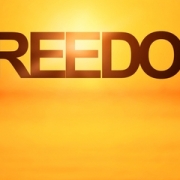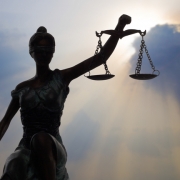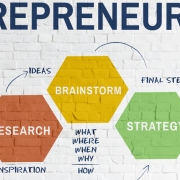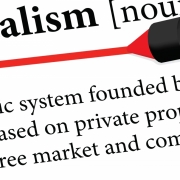Freedom’s Radicals are two powerful words. Individually they mean different things to different people. For example, the old saying goes that “your terrorists are my freedom fighters.” This is an irrational package deal, an egalitarian moral equivalency. It conflates humankind’s historic struggle for personal liberty with the age-old tactic of terrorism used by tyrants. Only a society mired in ignorance would give it credence, and this is our postmodern state of affairs.
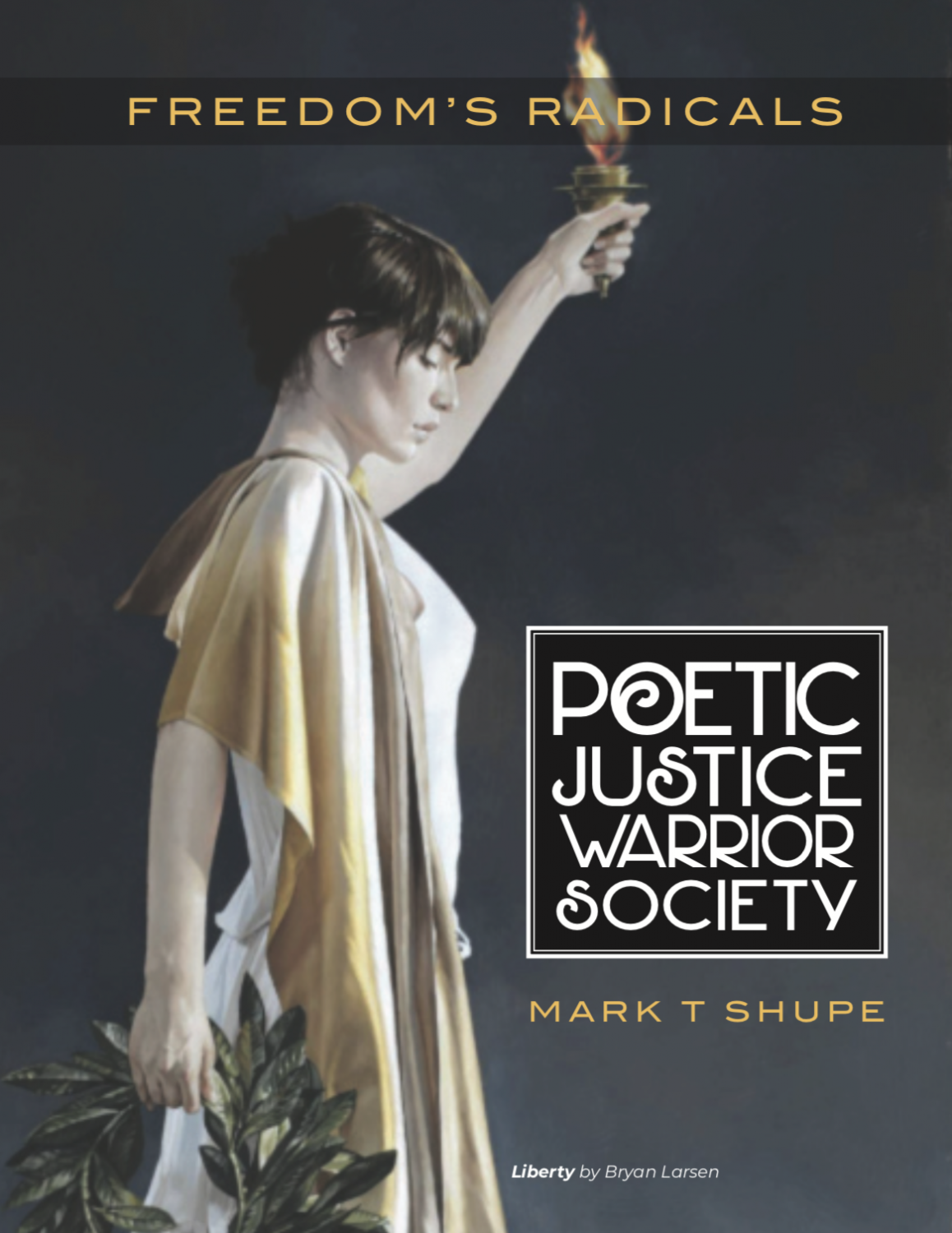
Leave us your contact information below to recieve a free copy of Poetic Justice Warrior Society: Freedom's Radicals
Combining Freedom’s Radicals into one term brings clarity. It says that personal liberty is a radical idea, but radical compared to what? Before answering that, it is important to understand the virtue of radicalism and differentiate it from its opposite vices. One definition of radical is to pursue root causes, origins and fundamentals. In other words, reason. Another definition is a thoroughgoing divergence from accepted and traditional norms. In other words, independence. So what are the opposite vices? Faith, forced subservience and mindless conformity. And what else should we expect in a society that has little understanding of great virtue and little knowledge of great depravity, and instead pays inordinate respect to politicians, entertainers and athletes?
One comparison to Freedom’s Radicals is the illiteracy, mysticism and anarchy of the Dark Ages. In the modern and postmodern eras the comparisons include the human disasters known as the French Revolution, the Bolshevik Revolution and the Cuban Revolution. They all shared the philosophy of collectivism and always begin with appeals to envy, speech codes and guilt. The French Revolution proclaimed liberty endowed by the state and the destruction of society’s institutions. The Bolshevik Revolution proclaimed justice for the working class and the destruction of society’s institutions. The Cuban Revolution proclaimed a communist utopia and the destruction of society’s institutions.
Freedom’s Radicals destroyed no institution except the subservience of the previous millennia or so. Their moral foundations were built on the idea that we own our lives, that no one is born to be ruled, that no one is born to rule others. Their philosophical foundations were built on the idea that reason is our only tool for survival and that cognitive development is essential for this. Each of them gave purpose to their lives, and in turn made it possible for untold numbers of others to live lives of meaning. And they had confidence in their ability to inspire peaceful human progress. They were individualists who believed that government’s only moral duty was to protect each person’s right to their earned aspirations and get out of the way.
This kind of radicalism is not the dominant philosophy in our postmodern world, but its foundations are strong and it is spreading at the grassroots level. The former director of the American Enterprise Institute, Arthur Brooks, is talking about the “Radical Equality of Dignity.” It is the idea that each individual can live a life of meaning and purpose through their productive work, the ultimate self-governance. This is what should unite us as Americans. In Austrian economics there is the idea of “Radical Entrepreneurship” that respects the fact that creative minds have no interest in the state’s economic equilibrium. They prefer individual action that creates disequilibrium.
Equilibrium preserves and expands the power of the state and nurtures their scandal of ignorance. After World War II, government monopoly schools replaced the teaching of virtue and cognitive development with social adjustment while ignoring the greatest terrors of the 20th century – Soviet and Chinese communism. Freedom’s Radicals create disequilibrium, innovation, value, trade and markets. The characters we honor in the Freedom’s Radicals eBook are an eclectic group of pioneers whose principles and life stories are as relevant and necessary as ever.

